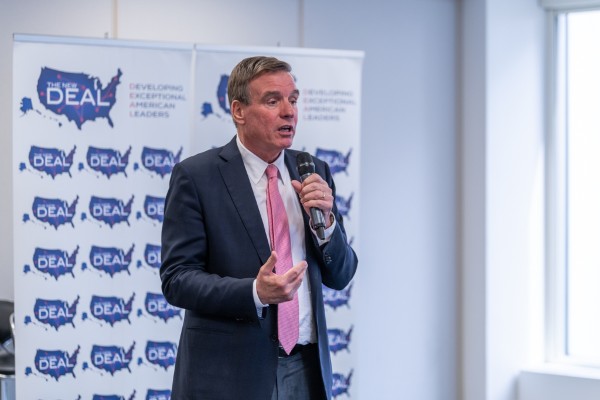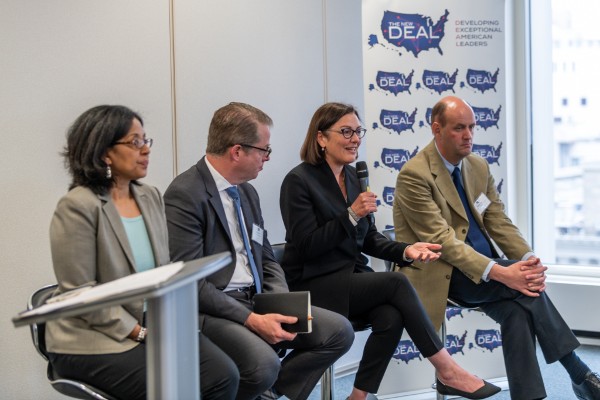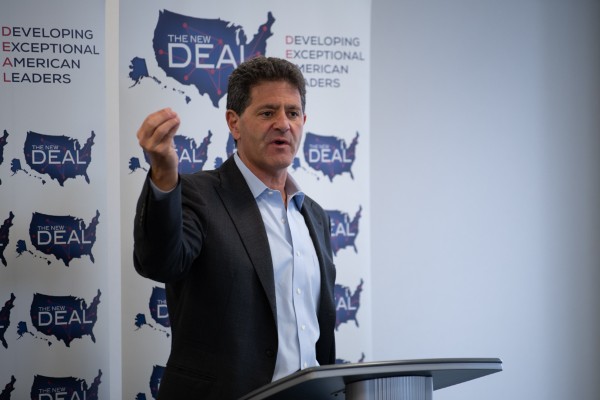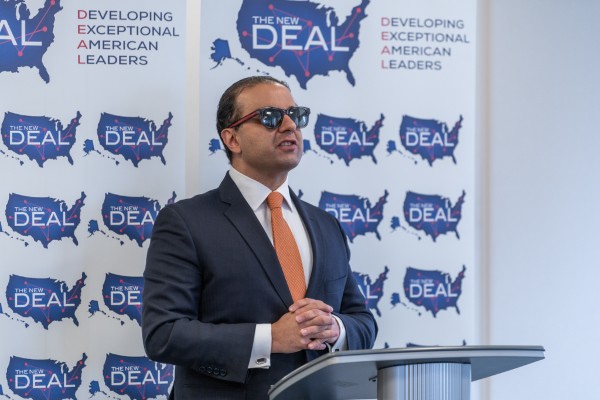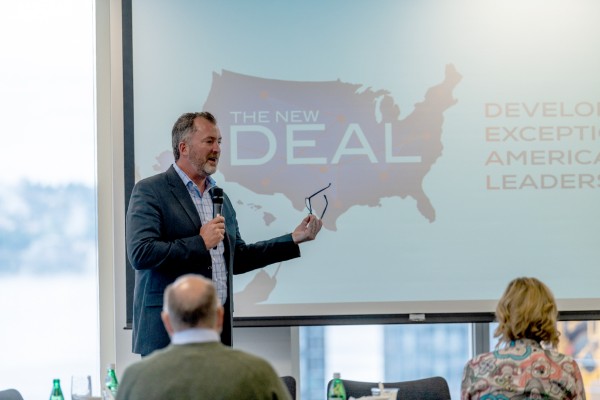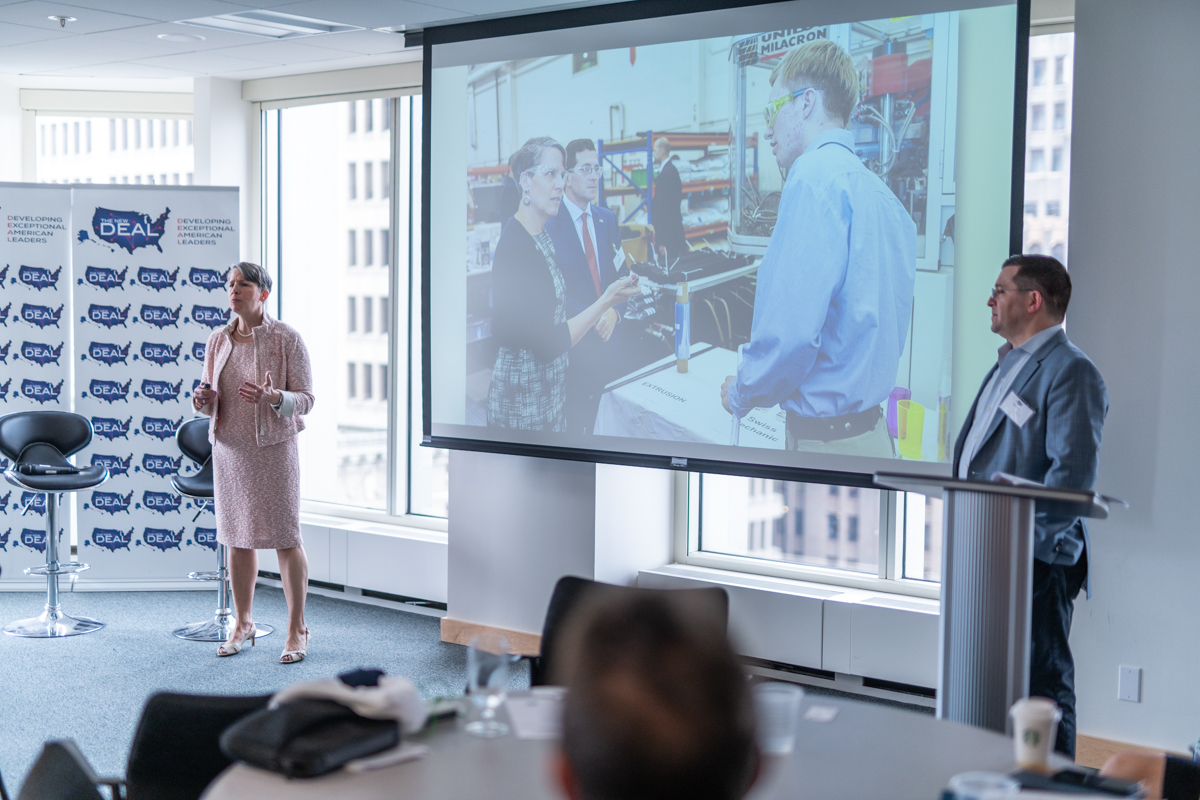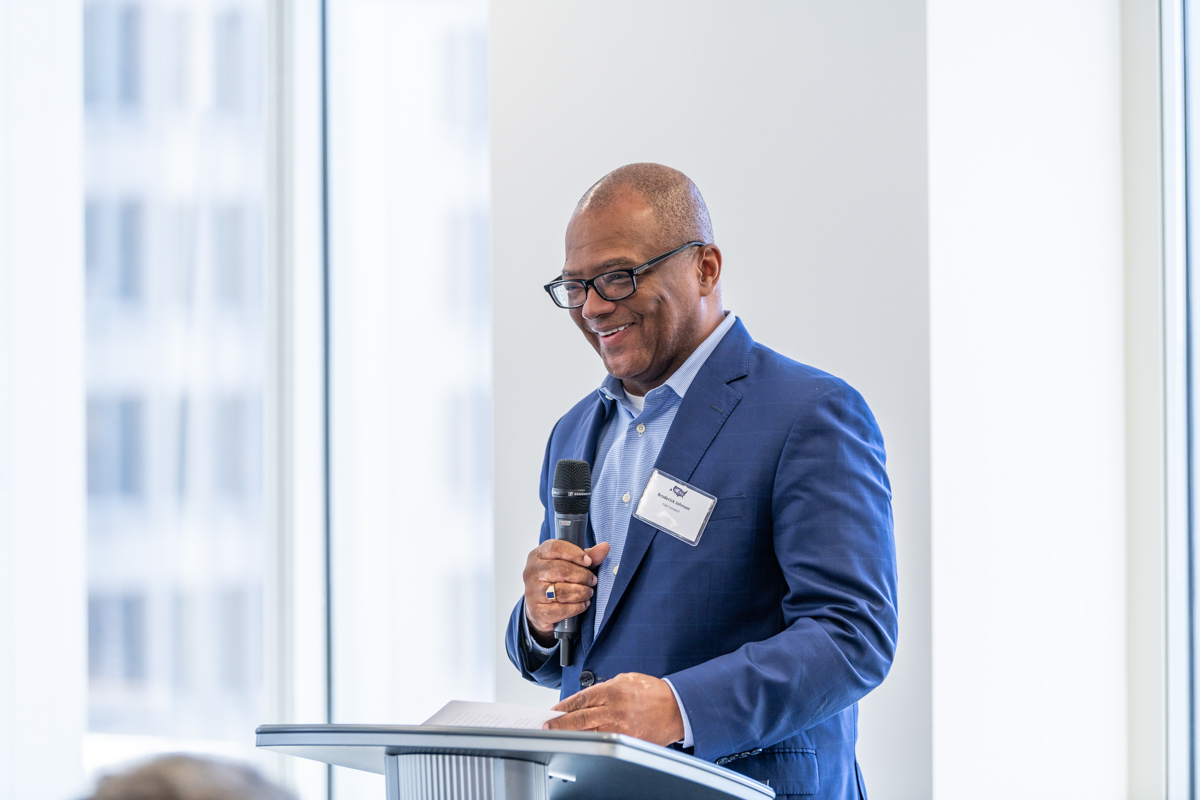The Future of Work: Portable Benefits (Microsoft A)
Security and prosperity for more Americans in today’s economy requires expanding access to basic benefits, like health care and retirement savings, for the increasing number of workers who don’t receive them through their jobs. Washington State has been at the forefront of this challenge with the introduction of portable benefits legislation and an effort by Uber and SEIU to find a solution for gig economy workers. Join NewDEAL Leader Maryland Delegate Andrew Platt, Caleb Weaver from Uber, and Lani Todd, Legislative and Public Policy Director for SEIU 775, to discuss the path forward to a safety net that meets the demands of the changing nature of work.
Civic Tech: Bringing Government into the 21st Century (Microsoft B)
As policymakers wrestle with the challenges caused by an economy transformed by innovation and new technology, they must also take advantage of these forces to adapt government to meet the evolving needs of citizens. This session will explore ways government leaders can maximize the impact of new technology and big data to save money, make more-informed decisions, and improve the lives of the people they serve. For a conversation on innovative approaches, join NewDEAL Leader Nassau County, NY Comptroller Jack Schnirman, former CTO of the U.S. Department of Veterans Affairs Marina Martin, and Vivian Graubard, Director of Strategy for Public Interest Technology at New America and former chief of staff to the U.S. Chief Technology Officer in the White House.
Opportunity Zones (Microsoft C)
The recently created federal Opportunity Zone program provides a new avenue for state and local governments to incentivize long-term private investment in low-income communities. Join one of the architects of this program, NewDEAL board member Steve Glickman from the Economic Innovation Group, as well as NewDEAL Leader Boise City Councilmember Lauren McLean, who is one of many NewDEAL Leaders pursuing the benefits of this program in their communities, for a discussion of how to spur investments that reduce poverty and inequality.
Resiliency of Critical Infrastructure (Boardroom)
From increasing extreme weather events to the constant news of cyberattacks, our critical infrastructure must be more resilient, and resilient in more ways, than ever. These threats mean the key systems upon which all Americans rely, from health providers and the power grid to transportation infrastructure, continuously face new and dangerous challenges. Join an official from the port of Seattle and NewDEAL Leader Norfolk City Councilmember Andria McClellan for a session that will examine steps policymakers can take to strengthen and secure vital assets in their communities.





